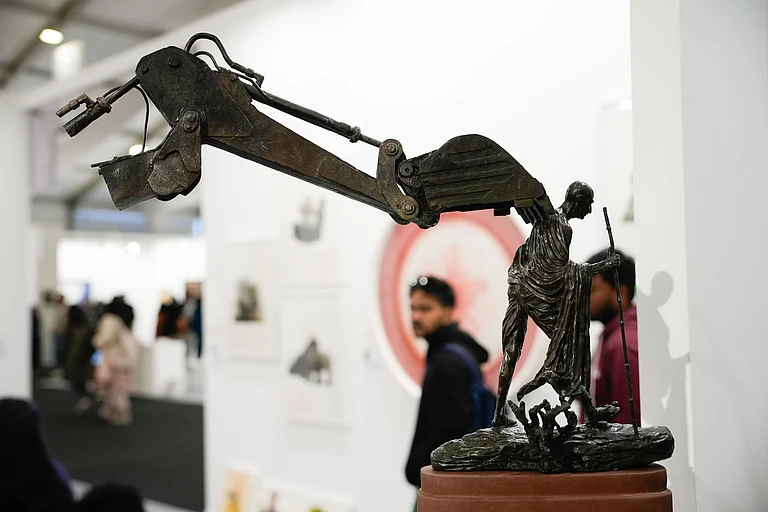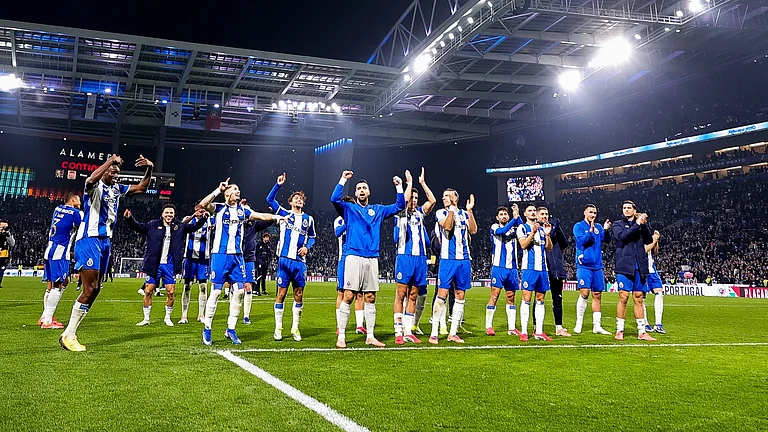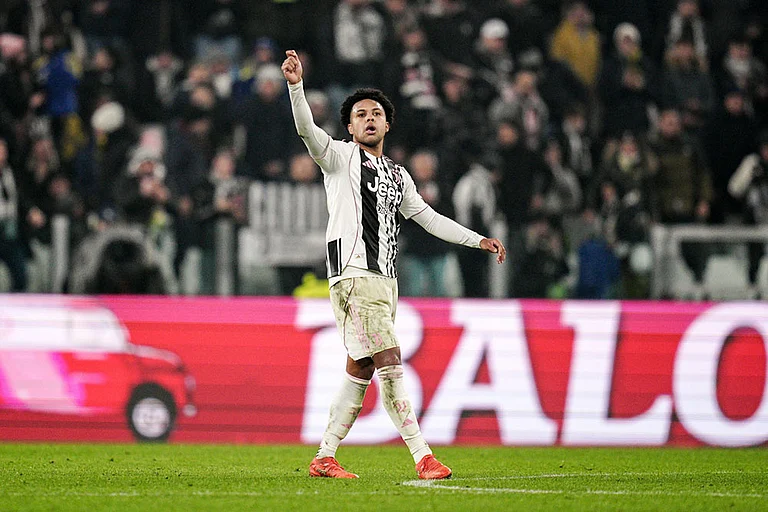Olympics—the very name conjures up an empyrean platform for elite athletes, the highest stage for sports, the global benchmark of sporting success. Sportspersons prepare for it with fiendish training; millions lie in wait for a spectacle like no other.
Barely four months are left for the Rio Olympics, scheduled for August 3, to begin. But political developments in Brazil are unravelling so fast that very few expect the tumult to end soon. The growing clamour for an impeachment of the sitting president, Dilma Rousseff, on the back of the Petrobras scandal and regular street protests among her supporters and opponents in major cities in Brazil, indicate a bout of political turmoil that’s boiling over. Coming in the wake of the Zika outbreak, this has raised concerns among sports bodies, athletes and spectators the world over about a different kind of virus that may haunt the biggest global sporting event of the year.
“God, people here like to say, is Brazilian—a cheery way of celebrating this country’s natural beauty, bountiful resources, lovely people,” writes Rio-based journalist Stephanie Nolen of Globe and Mail. “God, however, appears to be in an Old Testament phase,” she adds wryly, an angry god, referring to the series of political, economic and social problems Brazil seems to be confronting. Nolen observes that each day of late is more dramatic than the one before, and the news is uniformly grim. “There is a political crisis, an economic crisis and a public health crisis.”
Until some years back, the scenario was quite different. Brazil’s booming economy, huge oil and gas reserves, exemplary social sector reforms and impressive strides in green technology and renewable energy, backed by visible signs of a narrowing wealth gap, had made it the toast of the world. It was not only the major driver in the BRICS, but under the charismatic leadership of Inacio Lula da Silva, popularly known as Lula, more of an exemplar for the developing world than China or Russia. In fact, India’s NREGA and the Food Security Act drew inspiration from what had been achieved in Brazil. Equally remarkably, Brazil earned the rare distinction of snagging two of the world’s most celebrated sporting events—the FIFA World Cup in 2014 and the upcoming Rio Summer Olympics. And, in 2013, it had also hosted the eight-team FIFA Confederation Cup. The world could not take its eyes off Brazil. This may still be true, but in a more perverse way.
So why did the perception about Brazil change so fast?
A combination of factors seems to have added to the political crisis, the focus of which has now centred on Roussef and the demand for her impeachment. She began her term as president in 2010 when most countries, including Brazil, started feeling the negative impact of the global economic slowdown. Falling oil and commodity prices began to affect the economy around the same time when a massive corruption scandal broke, in which investigators allege over $2 billion in kickbacks were paid by big infrastructure and construction companies seeking contracts with the state-owned giant oil firm, Petrobras. The investigations, codenamed, Lava Jato, or Car Wash—the biggest in Brazil’s history—have so far probed or indicted not only members of the ruling Workers Party but also politicians from almost all major political outfits. Lula, the former president, has been detained and questioned for his involvement. His protege, President Rousseff, is facing the heat now. Meanwhile, the economy has contracted by nearly 4 per cent, which has led to rising inflation and fears of widespread joblessness.
Some say this was being done to target Lula and Dilma Rousseff for their attempts to empower the poor. “To some degree, the crisis is between the rich and the poor, but increasingly they understand corruption and stealing of public funds precludes the government delivering on quality education, healthcare and housing,” says Riordan Roett of Johns Hopkins University.
Others argue that much of this is directed against Lula becoming the party’s presidential candidate for 2018 elections. “Some of the action taken against Lula certainly aims to demoralise rather than incriminate him,” observes Wagner de Melo Romao of Brazil’s University of Campinas.
Rousseff’s attempts to avoid an impeachment may not work at the rate key allies of her coalition seem to be deserting her. There is a possibility that vice-president Michel Temer, of the Party of the Democratic Movement, may take over and head a new coalition till the next elections. But with indications that nearly 60 per cent members of the Congress’s (parliament) 594 members face criminal accusations, it seems Brazil will further spiral downwards in a whirpool of political instability.

























